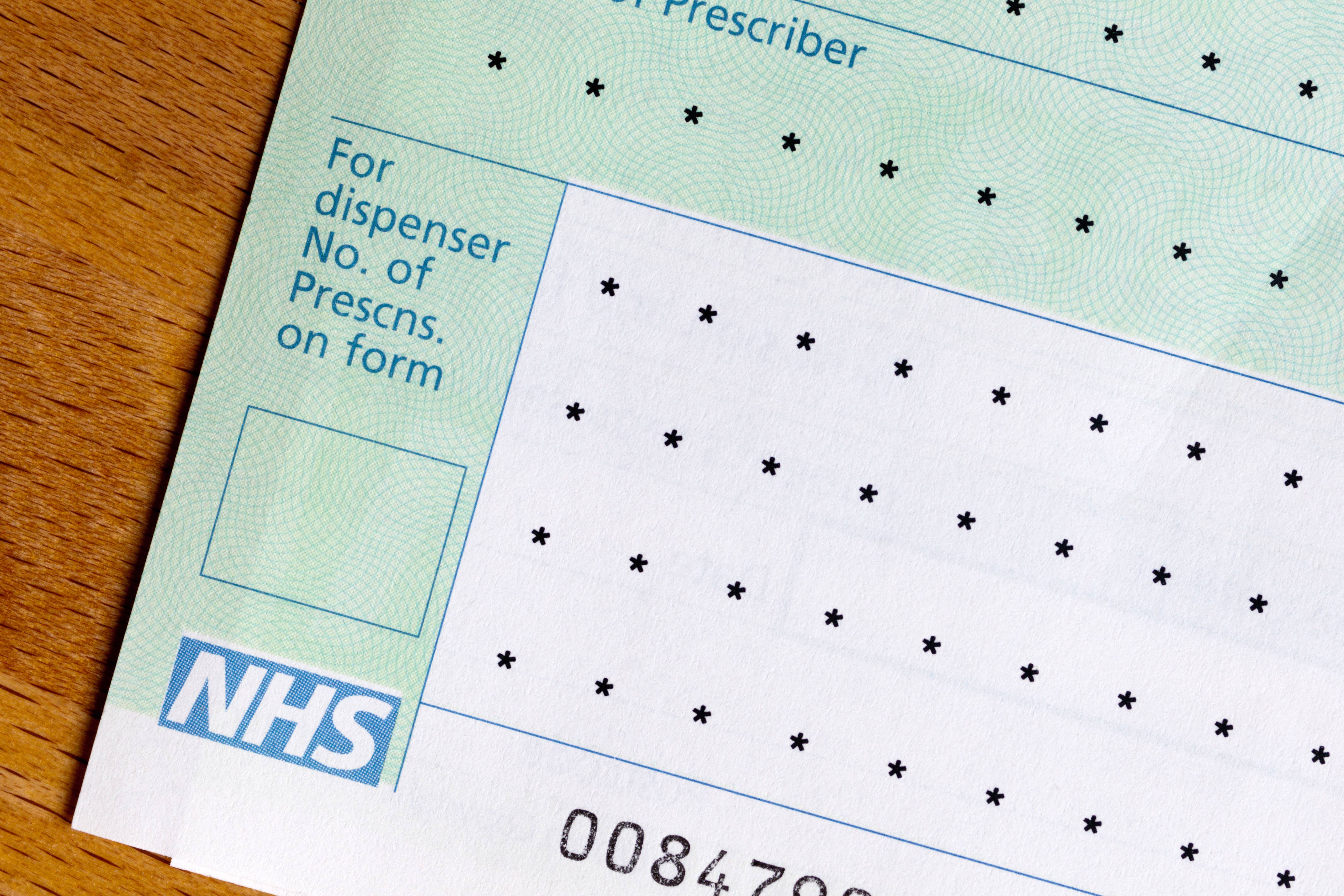Extra safety measures to be introduced for anti-acne drug
It comes after a number of suicides by people taking the drug isotretinoin.

Your support helps us to tell the story
From reproductive rights to climate change to Big Tech, The Independent is on the ground when the story is developing. Whether it's investigating the financials of Elon Musk's pro-Trump PAC or producing our latest documentary, 'The A Word', which shines a light on the American women fighting for reproductive rights, we know how important it is to parse out the facts from the messaging.
At such a critical moment in US history, we need reporters on the ground. Your donation allows us to keep sending journalists to speak to both sides of the story.
The Independent is trusted by Americans across the entire political spectrum. And unlike many other quality news outlets, we choose not to lock Americans out of our reporting and analysis with paywalls. We believe quality journalism should be available to everyone, paid for by those who can afford it.
Your support makes all the difference.Health officials have recommended new safety measures for the use of an anti-acne drug.
A number of people have died by suicide while taking the drug isotretinoin while others have reported depression, anxiety and psychotic symptoms.
Meanwhile, cases of sexual dysfunction have also been reported by patients who have been prescribed the medicine and in some cases symptoms have continued after patients have stopped taking the drug.
The new review into the treatment, which is also known as Roaccutane, has concluded that the benefits of the drug, which is prescribed to treat severe acne, still outweigh the risks but extra measures should be taken to improve safety.
Teenager Annabel Wright took her own life six months after being prescribed a drug to treat her acne.
Annabel, 15, was found in her bedroom at her home near Ripon, North Yorkshire in May 2019.
Last year, Jonathan Leach, the assistant coroner for North Yorkshire, ruled out a direct link between Annabel’s death and isotretinoin but her parents insisted their daughter died “without warning and without any mitigating circumstances other than she was taking a drug which can cause suicide”.
The new review into the drug by the Commission on Human Medicines said that the drug is an effective treatment for severe acne which has not responded to usual treatments.
The expert group said that the gaps in the available evidence mean that it was not possible to say that isotretinoin definitely caused many of the short-term or long-term psychiatric and sexual side effects reported by patients.
The authors of the new report wrote: “The review concluded that the overall balance of risks and benefits for isotretinoin remains favourable but further action should be taken to ensure patients are fully informed about isotretinoin and are effectively monitored during and after treatment.”
Officials made a number of recommendations to improve safety surrounding the medicine, which will be taken forward by the Medicines and Healthcare products Regulatory Agency (MHRA), including:
– tighter controls on prescribing to under-18s by requiring the sign-off of two prescribers – usually doctors – when the medicine is first prescribed to young people aged 12 to 18. This means the course of treatment will begin only once the clinicians agree that the acne is severe enough to justify treatment and that other standard treatments have been sufficiently tried without success.
– patients and their families should receive better information about the risks of isotretinoin so that they can make an informed decision before using the medicine.
– better monitoring of a patient’s psychiatric and sexual health so that any problems are spotted earlier and there are defined routes for patients to receive help.
– updates to warnings and the list of side effects in the product information of isotretinoin.
Dr Alison Cave, MHRA’s chief safety officer, said: “Uncontrolled and severe acne can have a significant impact on a patient’s mental wellbeing and can lead to permanent scarring.
“For these individuals, isotretinoin may be the only effective treatment option.
“No medicine is completely free of risk and the conclusion of the independent Commission on Human Medicines is that on balance the benefits of isotretinoin for severe acne continue to outweigh the risks, but action should be taken to make sure patients are better aware of them, that they are carefully monitored throughout treatment, and that for patients under the age of 18 there is additional scrutiny on isotretinoin prescribing.
“We are grateful for the continued involvement of patients, their families, and other stakeholders whose experiences and stories were vital in informing this patient-focused expert review and in developing its recommendations.
“We are now working to implement them with advice from the Implementation Advisory Group.”